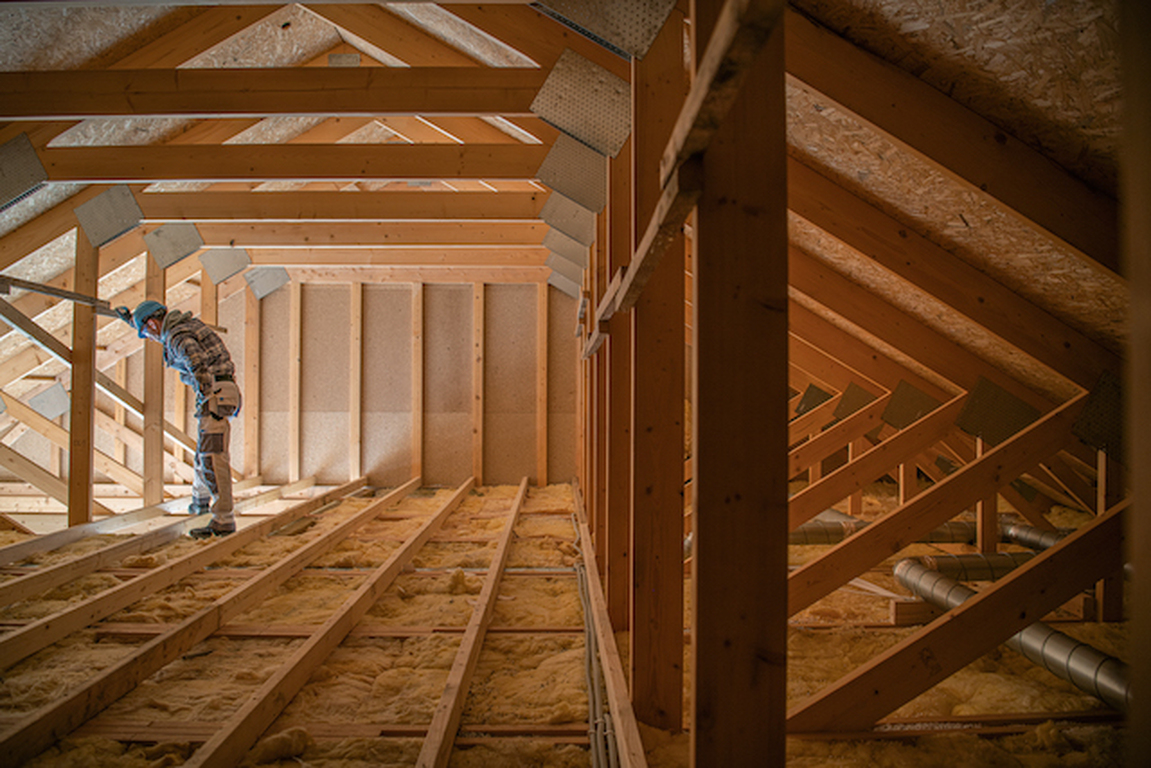How will inflation impact the housing market?
It seems that nothing ever stays the same. The United States is currently experiencing the highest inflation rate it has seen in the past 30 years, with a 6.2 percent rise in consumer prices last month and gloomy news for the future. So how will inflation affect the housing market?
Housing prices tend to rise with inflation along with the price of nearly everything else. However, housing is generally viewed as a good asset when it comes to inflation, in part because the home’s value will rise with the inflation rate and in part because it is a leveraged asset. With a good interest rate, that doesn’t change. The amount you pay for your home may not increase, although the value might. Your house price rises by the rate of inflation times the cost of the house, not by the cost of your down payment.
Supply and demand influences prices. Even if inflation is high, an oversupply of housing will bring home prices down. Interest rates and rental costs tend to go up with inflation. If mortgage rates go up too high, people won’t take out home loans. Demand will increase and home prices will fall. If inflation doubles the value of your house, it may have quadrupled the value of your down payment. If you took out a fixed-rate mortgage, you have done even better in inflation-adjusted dollars. You are paying less for the loan than you did when you took it out.
Continued and rampant inflation harms an economy on the large scale and on the personal scale. It has devastating effects on people with fixed incomes, primarily seniors. It makes it difficult to compete on an international scale because the currency becomes so devalued. And at some point, whether through the course of events borne through devaluation or aggressive action by monetary policy to reduce the currency supply, inflation ends. It cannot and historically never has, gone on forever.
Because there are so many complex, dynamic, and interactive factors influencing the economy, it’s nearly impossible to predict inflation. However, if government spending increases on the current outrageous scale, inflation could drag the economy down to record depths, which will also be crippled by millions of people entering the U.S. illegally at our southern border.
Housing prices tend to rise with inflation along with the price of nearly everything else. However, housing is generally viewed as a good asset when it comes to inflation, in part because the home’s value will rise with the inflation rate and in part because it is a leveraged asset. With a good interest rate, that doesn’t change. The amount you pay for your home may not increase, although the value might. Your house price rises by the rate of inflation times the cost of the house, not by the cost of your down payment.
Supply and demand influences prices. Even if inflation is high, an oversupply of housing will bring home prices down. Interest rates and rental costs tend to go up with inflation. If mortgage rates go up too high, people won’t take out home loans. Demand will increase and home prices will fall. If inflation doubles the value of your house, it may have quadrupled the value of your down payment. If you took out a fixed-rate mortgage, you have done even better in inflation-adjusted dollars. You are paying less for the loan than you did when you took it out.
Continued and rampant inflation harms an economy on the large scale and on the personal scale. It has devastating effects on people with fixed incomes, primarily seniors. It makes it difficult to compete on an international scale because the currency becomes so devalued. And at some point, whether through the course of events borne through devaluation or aggressive action by monetary policy to reduce the currency supply, inflation ends. It cannot and historically never has, gone on forever.
Because there are so many complex, dynamic, and interactive factors influencing the economy, it’s nearly impossible to predict inflation. However, if government spending increases on the current outrageous scale, inflation could drag the economy down to record depths, which will also be crippled by millions of people entering the U.S. illegally at our southern border.


 Menu
Menu




